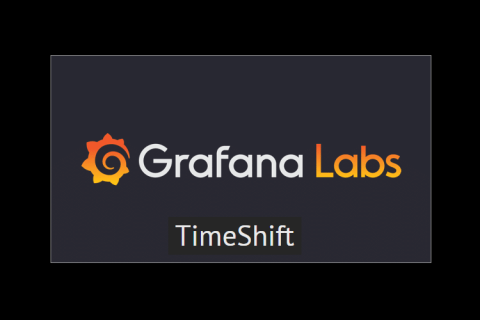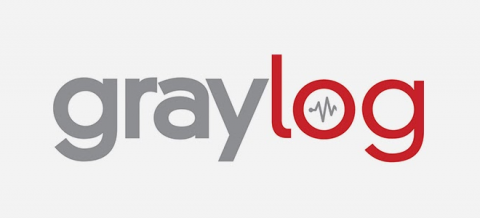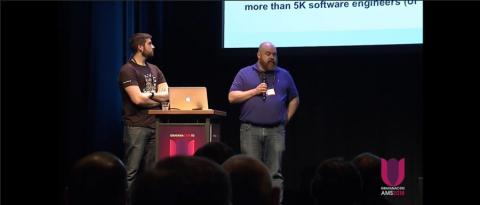You Can Improve Your Customer Satisfaction Charlie Brown!
What’s surprising to see today is how business operations struggle to get an integrated view of all business metrics. With greater volumes of data being collected, data analysts just can’t keep up with the pace. This state of affairs alone doesn’t hit as hard as the fact that many in data analytics have just come to accept this situation as a norm and simply bear with this daily struggle.










